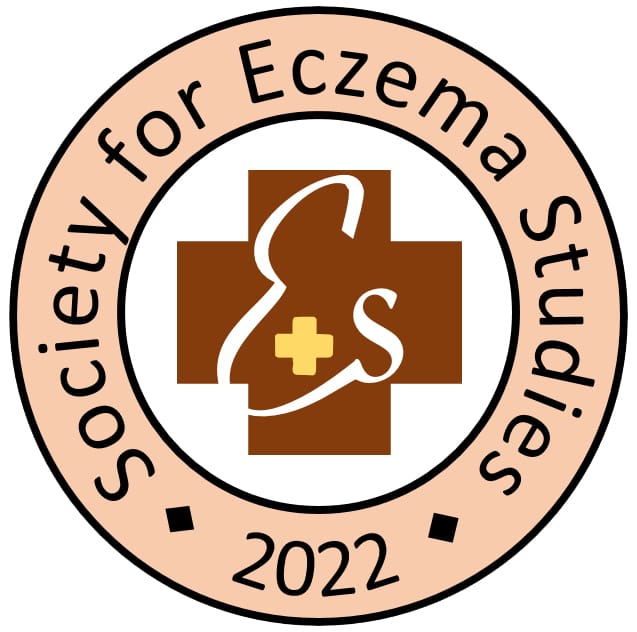FAQS about Eczema
People having eczema or atopic dermatitis have a damaged skin barrier. This consequently makes the skin more sensitive to allergens and irritants. It also makes it more difficult for the skin to retain water, resulting in chronically dry, itchy skin that can aggravate or flare up eczema and other skin conditions.
One of the most crucial things that can be done to control eczema or atopic dermatitis is to maintain the moisture content of the skin. Lotions and moisturizers aid in preserving and repairing the skin barrier. They lock in the moisture and help in reducing dry skin and eczema flare-ups.
Although, atopic eczema can affect people of different ages, it is more prevalent in infants and babies:
- Eczema in infants: About 20% of children under the age of two have infantile eczema, which typically begins in the first six months of life. The majority of cases of infantile eczema resolve by the time the child is five years old.
- Childhood eczema: It can appear between the ages of two and four, or it can develop after infantile eczema. In addition to the elbow creases, behind the knees, and across the ankles, rashes and dryness can also affect the cheeks, ears, and neck. With age, this type of eczema typically gets better.
- Eczema in adults: Here, areas of extremely dry, itchy, reddish skin in elbow creases, wrists, neck, ankles, and below the knees are common features of adult eczema, which is similar to that of older children. The skin may become thicker, rough, and rigid, and there may be weeping spots. While eczema often clears up by midlife and is uncommon in older people, it can happen at any age.
In addition to eczema, many people suffer from additional allergies. Research has indicated that amongst infants with atopic eczema, having a family history of allergies, 30% will experience. a family history of allergies, up to 30% will experience food allergies and up to 40% will developed asthma or allergic rhinitis.
Although in several instances food allergies can exacerbate eczema symptoms, food allergies are rarely the root cause of atopic eczema. It's common for infants with moderate to severe eczema to also have dietary allergies. Some infants with severe eczema may have improved eczema outcomes if they follow a medically supervised elimination diet and temporarily cut out specific food.
Under the guidance of a dietitian with a specific understanding of food allergies, an elimination diet should be overseen by a qualified dermatologist/ immunologist.
Food is not likely to be the cause of the eczema if in two weeks there is no improvement of the eczema while the patient is on the elimination diet. If the skin shows improvement, food items are added one at a time as part of a medically supervised food challenge to determine which foods aggravate the eczema flare-up.
Various factors as mentioned below can trigger atopic eczema. Identifying these can help in reducing the severity and exacerbation of eczema.
- Dry skin
- Temperature variations- such as hot water baths
- Irritants – such as soaps, detergents or perfumes
- Scratching
- Environmental factors or allergens- cold and dry weather, house dust mite, animal dander, pollen, and moulds.
- Materials such as wool and synthetic fabrics
- Viral or bacterial infections
There are a few actions one could do to minimize itching:
- Moisturize skin regularly.
- Apply moist dressings or wraps and cold compresses as prescribed.
- Nails should be cut short and clean to minimize damage to the skin from unintentional scratching.
- Keeping skin covered with light clothing to reduce damage from habitual scratching.
- If there are hives (urticaria), non-sedating antihistamines may be considered. Antihistamines that cause sedation are typically not advised and shouldn't be administered to young children without medical supervision.
Always look for the following ingredients while opting for a moisturizer for eczematous skin:
- Oat or shea butter
- Aloe
- Glycerine
- Hyaluronic acid
- Petrolatum
- Vitamin E
- Humectants
- Niacinamide
- Fragrance free
